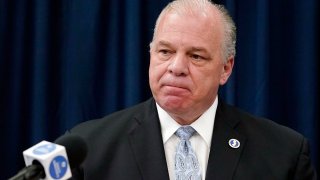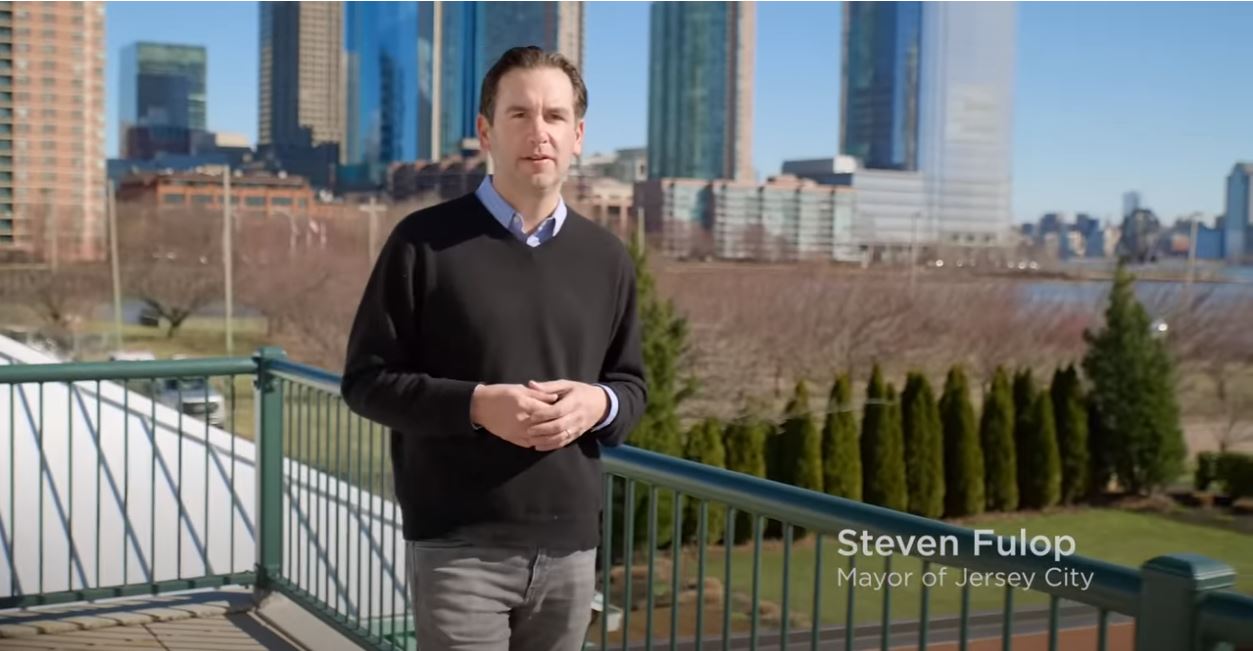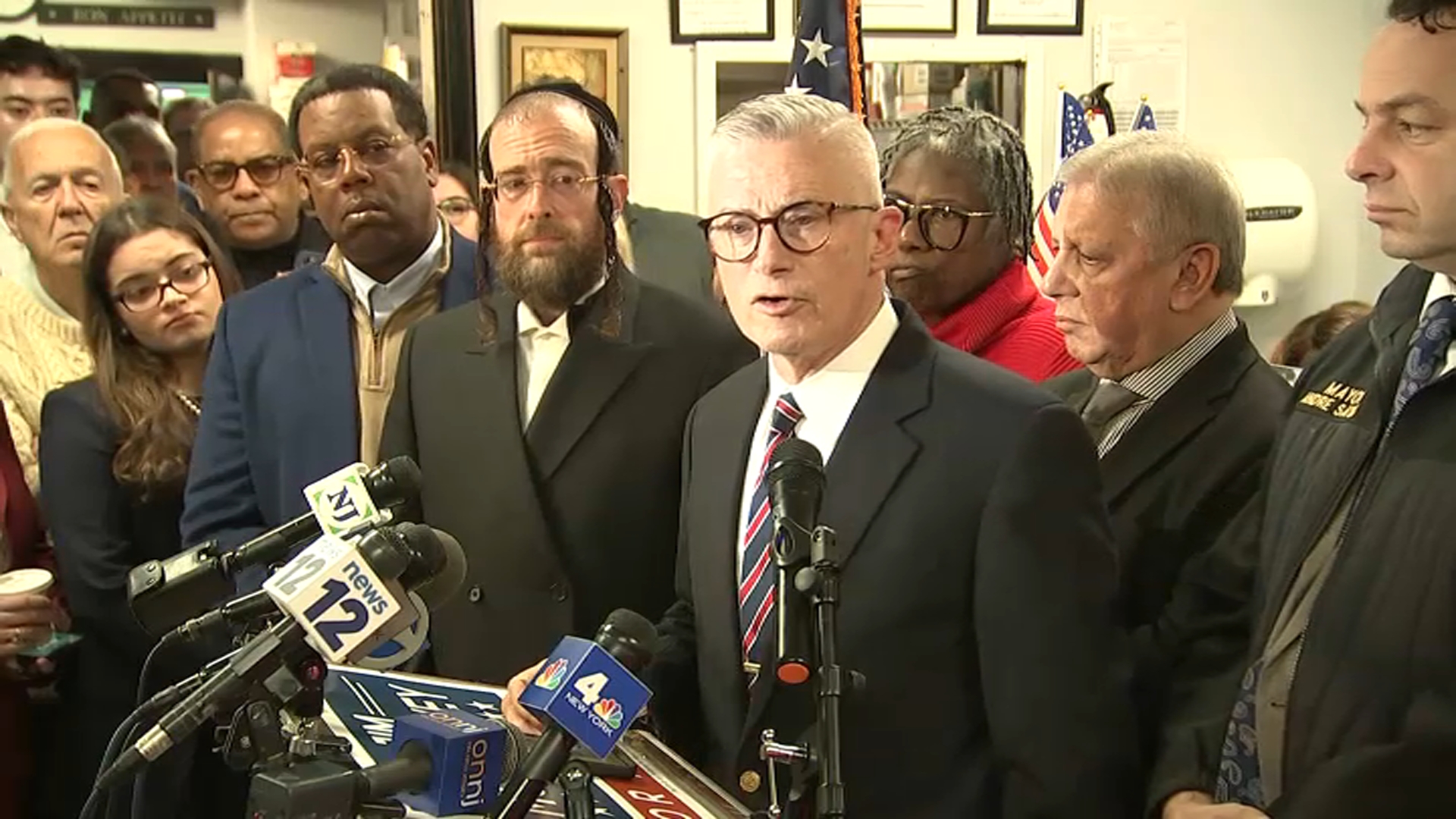
What to Know
- Former top Democratic lawmaker Steve Sweeney announced a bid for governor of New Jersey
- Sweeney served as the state Senate president from 2010 to 2022, unexpectedly losing a reelection bid to Republican Ed Durr in 2021.
- Sweeney's campaign was widely expected, and he is not the only Democrat in the race. Jersey City Mayor Steven Fulop is also seeking to succeed Gov. Phil Murphy
A former top Democratic lawmaker on Monday announced a bid for governor of New Jersey, touting his credentials as a union ironworker and longtime legislator who worked to pass a minimum wage indexed to inflation, paid family leave, and a number of other measures.
Steve Sweeney, 64, posted a video online to announce his political comeback bid to succeed term-limited Democratic Gov. Phil Murphy in the 2025 election. Sweeney served as the state Senate president from 2010 to 2022, unexpectedly losing a reelection bid to Republican Ed Durr in 2021.
In his campaign launch, Sweeney leaned heavily into his career history, first as an ironworker, then as a labor leader and legislator. He opened the announcement by saying that his daughter Lauren, who was born with Down syndrome, provided the “spark” for him to seek public office.
Get Tri-state area news and weather forecasts to your inbox. Sign up for NBC New York newsletters.
“I will always put New Jersey’s kids, working families, and seniors first," he said. “You know that’s who I’ll fight for because that’s who I’ve always fought for.”
Sweeney's campaign was widely expected. On election night last month, his friend and former legislative colleague John Burzichelli exacted political payback by defeating Durr. Burzichelli said after his victory that he expected Sweeney would have an announcement soon about seeking office again.
Sweeney is not the only Democrat in the race. Jersey City Mayor Steven Fulop is also seeking to succeed Murphy. In a phone interview, Fulop welcomed Sweeney to the race, while referring to him as a more “conservative” Democrat, a comment that amounts to criticism in the context of a Democratic primary.
“He was very, very close to (Republican) Gov. Christie," Fulop said. "He was involved in a lot of Gov. Christie's legislative wins.”
It's true that Sweeney and Christie at times had a warm rapport, working together to pass sweeping legislation that overhauled public worker pensions and health benefits, over the objections of labor.
But Sweeney also delivered key Democratic policy victories during his time as Senate president: He clashed with Christie in backing a higher minimum wage, and pushed to get a ballot measure before voters that indexed increases in the minimum wage to inflation. He also backed a phased-in $15 minimum wage after Christie left office. Other measures he supported during more than a decade as the state’s most powerful legislator included paid family leave and the legalization of recreational marijuana.
Fulop said that as mayor of the state's second-largest city, he pushed for a higher minimum wage and family leave before the Legislature did.
Sweeney is a heavy hitter from southern New Jersey and Fulop is a power player from the north. Both are likely to be amply funded in a state that has become increasingly Democratic. Democrats currently claim about 1 million more registered voters than Republicans, and picked up six seats in this year's legislative election.
Still, the GOP has had luck in governor's races. Christie won two terms and Christie Todd Whitman also succeeded in getting elected twice. Murphy became the first Democratic governor in more than 40 years to win a second consecutive term.
Former Republican Assembly member Jack Ciattarelli, whom Murphy defeated in 2021, has said he plans to run again for his party's nomination in 2025.



